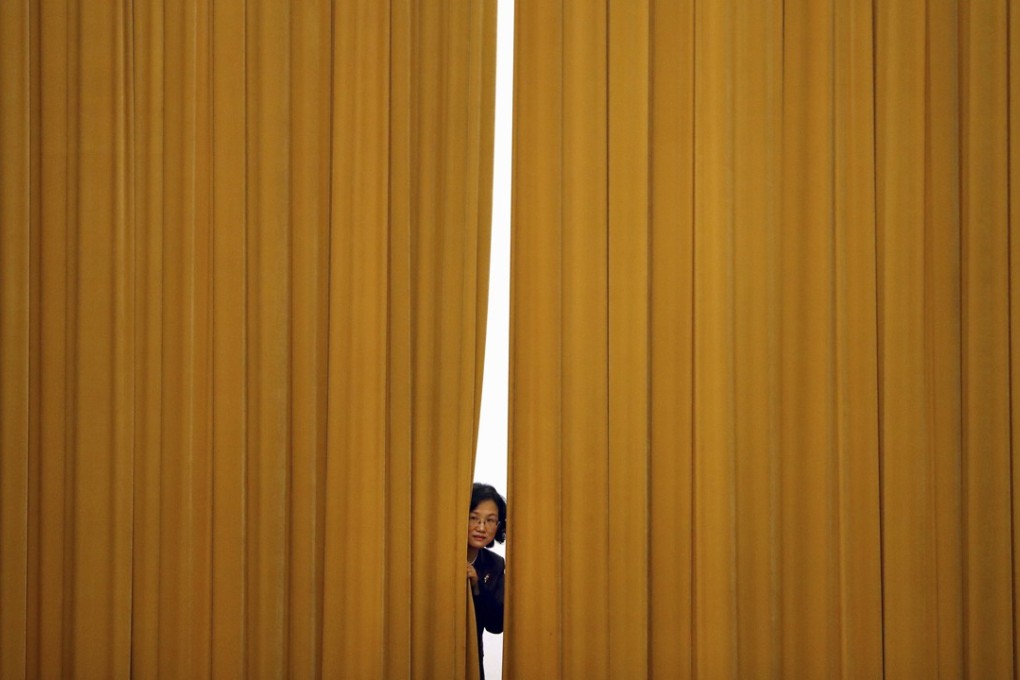It’s too late to stop China’s rise, so the West must start to question its own assumptions
Keith Burnett says the new world order emerging from China’s rise is proof of the folly of Western expectations. Understanding China on its own terms is critical

One recent article in The Economist mourned that the West had lost the bet on China. Which bet? That once China became more prosperous, its people would inevitably crave democracy. That progress meant the Chinese would adopt our system and, enlightened, they would wish to become like us, of course.
Only, the writer admitted that this assumption was flawed. The West had hoped China could become a commercial partner along Western lines, and that it would give up all that “communism with Chinese characteristics”. After we had seen the fall of the Berlin Wall, China has caught us out. It seems the West had assumed that when walls fall, the natural consequence would be free-market capitalism.